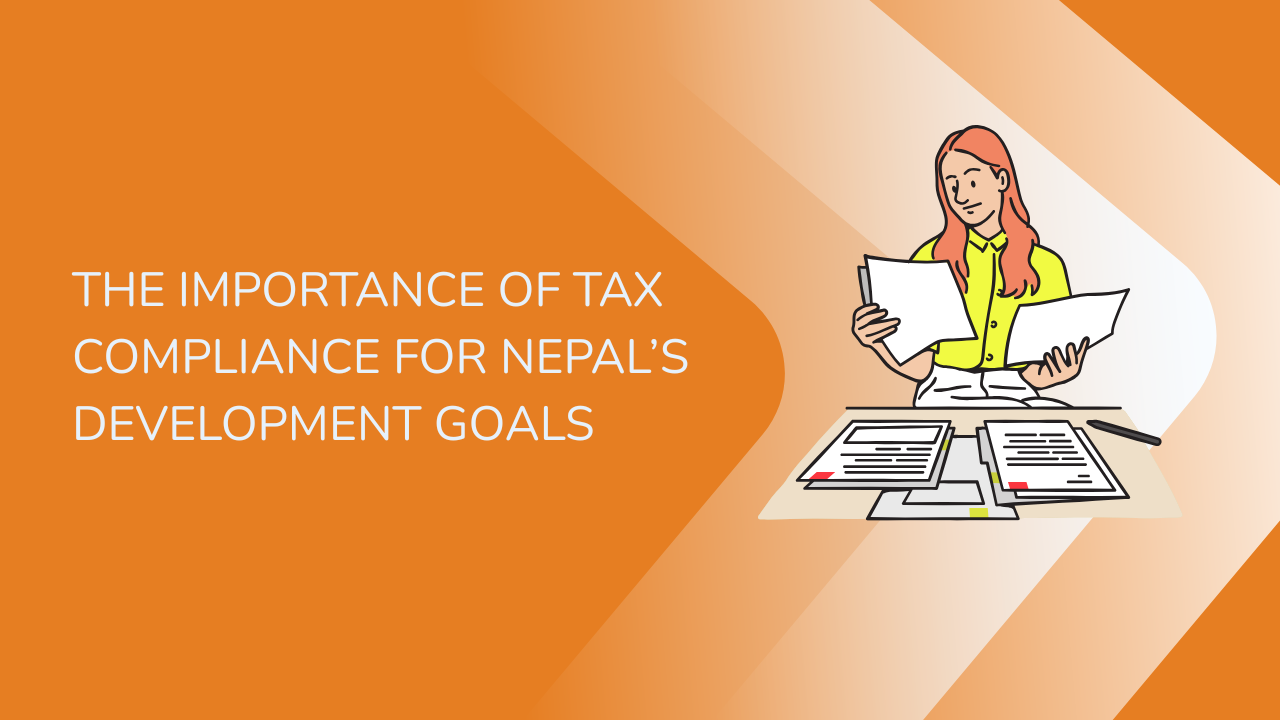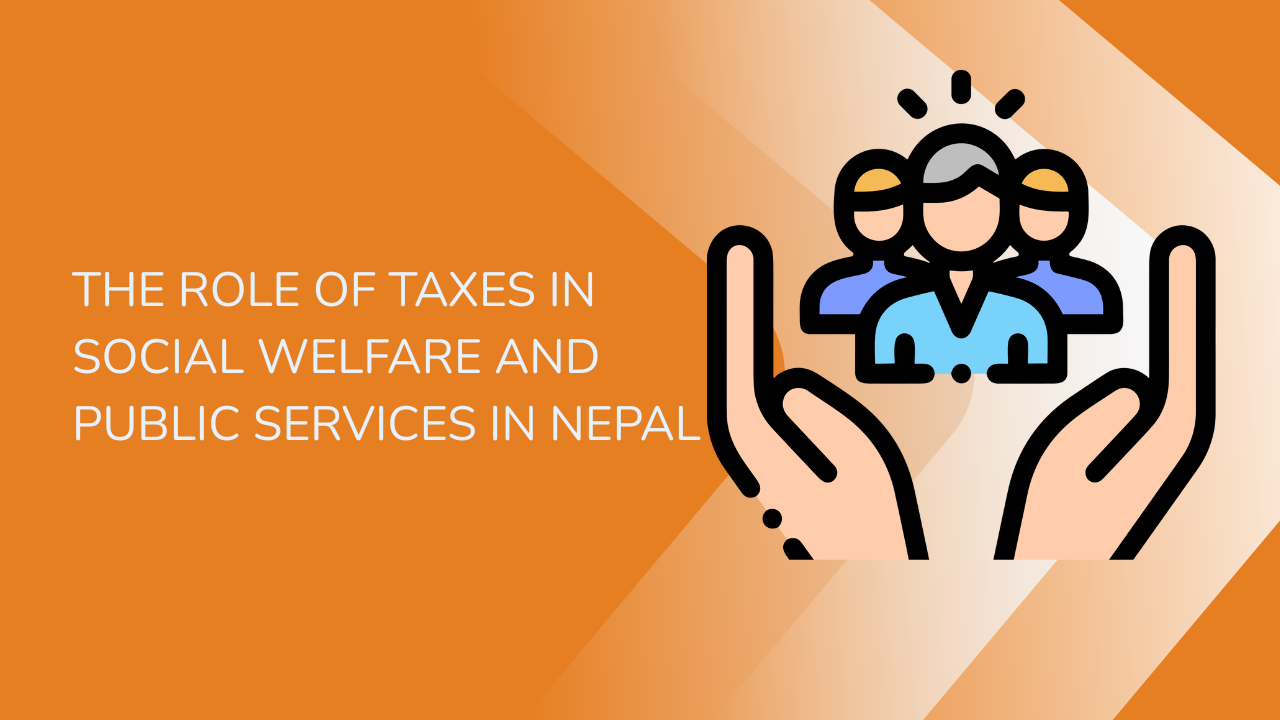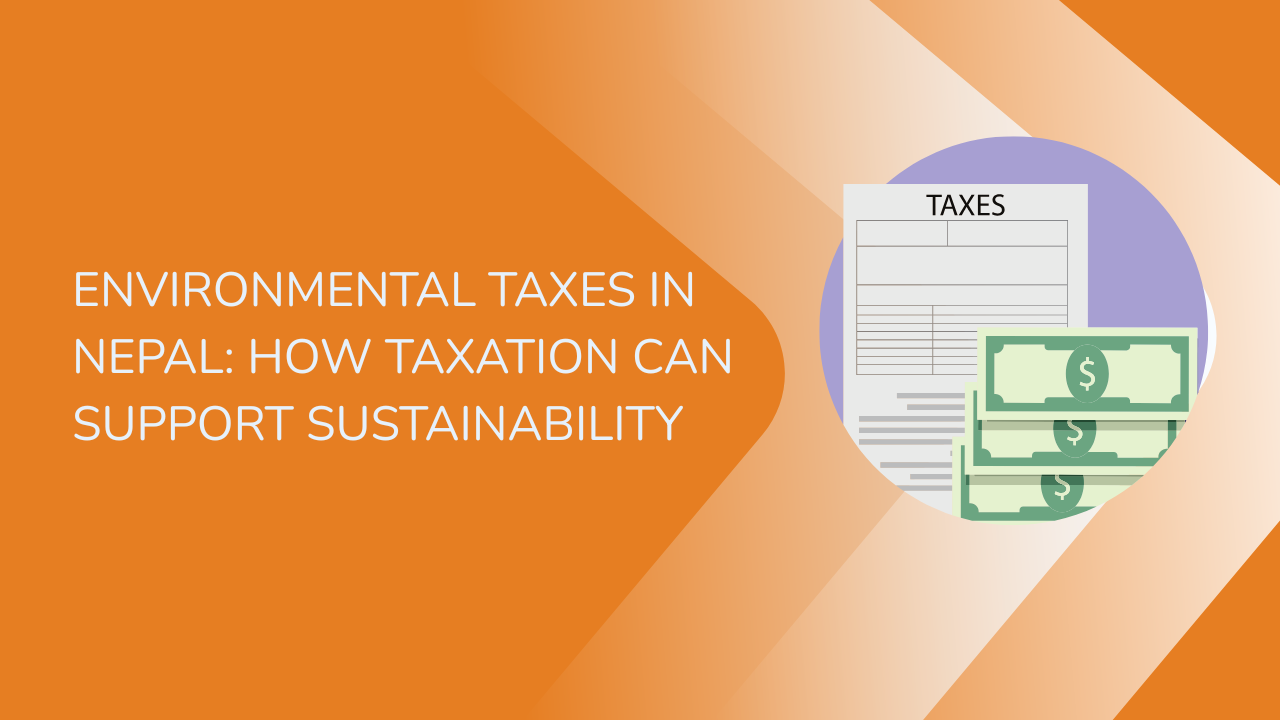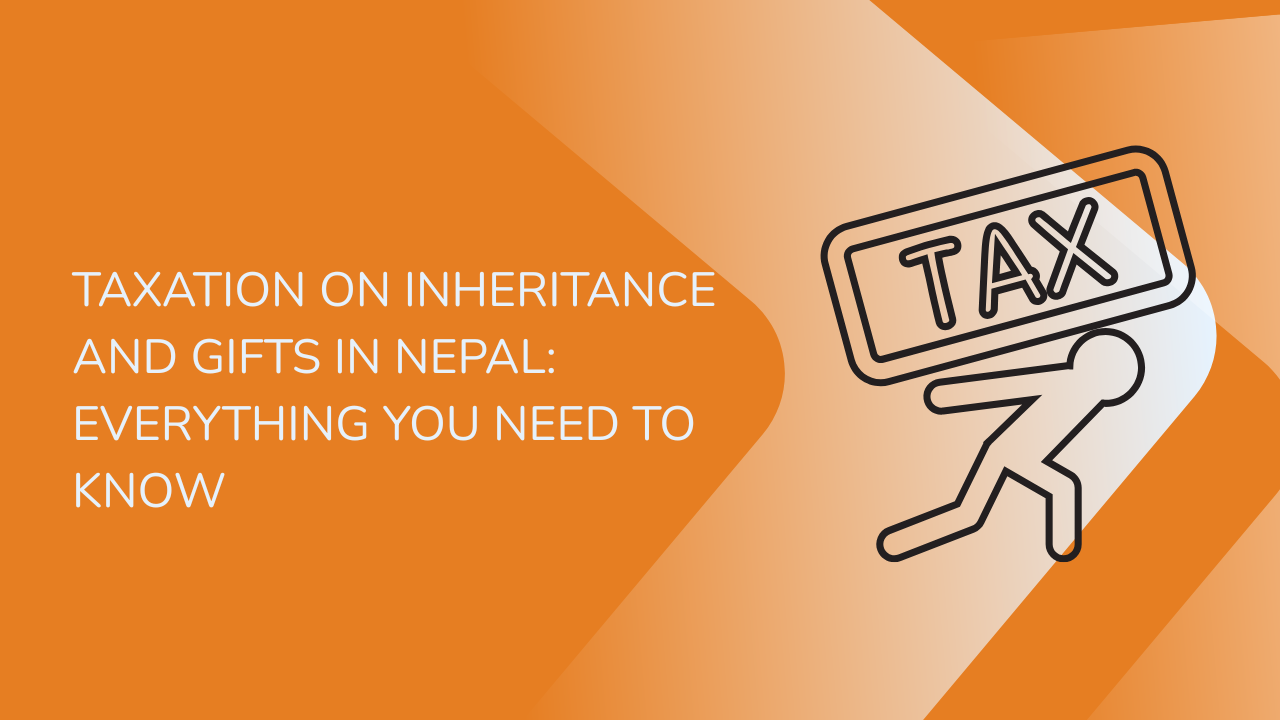Share this Article
Introduction
Taxes are the primary source of income for governments worldwide, serving as a fundamental mechanism to fund various public services. In Nepal, where a significant portion of the population lives in poverty and has limited access to essential services like healthcare, education, and basic infrastructure, tax revenue plays a critical role in improving the well-being of its citizens. The collection and efficient allocation of taxes are paramount to achieving long-term social and economic development.
Nepal’s government heavily relies on taxes to fund public services, including healthcare, education, infrastructure development, and social welfare programs. These services are vital in addressing the needs of Nepal’s growing population, particularly the most disadvantaged groups. As Nepal progresses toward economic stability and greater social equity, it is essential to explore the role of taxes in shaping the country’s social welfare system and public services.
In this article, we will examine how tax revenue is allocated to various public sectors in Nepal, the challenges the country faces in managing these funds, and potential ways to improve the use of taxes to foster social development.
Overview of the Tax System in Nepal
To understand the role of taxes in funding social welfare and public services, it is important to first familiarize ourselves with Nepal’s tax system. Nepal follows a combination of direct and indirect tax methods that fund both central and local governments. The main taxes collected include:
- Direct Taxes: These taxes are levied directly on individuals, businesses, and property. Examples of direct taxes in Nepal are income taxes, corporate taxes, and property taxes. Income tax is one of the most significant sources of government revenue, and it applies to individuals, businesses, and organizations based on their income.
- Indirect Taxes: These are taxes levied on goods and services rather than directly on individuals. In Nepal, the most significant indirect taxes are the Value Added Tax (VAT), excise duties, and customs duties. VAT is particularly important as it contributes a major portion of revenue for the government. These taxes are generally passed on to consumers in the form of higher prices for goods and services.
- Local Taxes: Local taxes are imposed by local governments in Nepal and typically focus on property taxes, business taxes, and other community-based fees. These taxes support local infrastructure projects and essential services.
The funds generated through these taxes are used for various public services, with social welfare, healthcare, education, and infrastructure being top priorities. The efficient management of tax revenue is essential to ensuring that these services benefit the population, especially those living in underdeveloped regions of the country.
How Tax Revenue Supports Social Welfare
Social welfare programs are designed to provide essential support to vulnerable populations, such as the elderly, disabled individuals, low-income families, and children. In a country like Nepal, where a significant proportion of people live in poverty, these programs are vital for reducing economic inequality and ensuring that everyone has access to a basic standard of living. Taxes collected by the government are crucial for financing these programs, which include financial assistance, healthcare services, and educational support for marginalized groups.
The major ways in which taxes contribute to social welfare in Nepal include:
- Social Security Programs: The Social Security Fund (SSF) is one of the major programs supported by tax revenue in Nepal. It provides pension schemes, disability benefits, and health insurance for workers in both formal and informal sectors. For many people, particularly those in the informal workforce, the SSF provides a safety net for their future. Taxes collected from individuals and businesses contribute to the fund, ensuring that it is able to support those who need it the most.
- Poverty Alleviation Programs: The government allocates tax revenue to various poverty reduction programs aimed at providing financial aid to low-income families and individuals. These programs are designed to help people cover basic living expenses, access essential services, and eventually achieve greater economic independence. These initiatives are often targeted at marginalized communities in remote areas where access to social services is limited.
- Support for Vulnerable Groups: Tax-funded programs are also aimed at providing financial and social support to vulnerable groups such as the elderly, children, and those with disabilities. This includes welfare benefits, special programs for orphaned children, and support services for individuals living with disabilities. These services are essential for improving the quality of life for those who are unable to meet their basic needs.
Despite these efforts, the scope and effectiveness of social welfare programs in Nepal remain limited, and there is a pressing need to increase funding for these initiatives to provide broader and more comprehensive coverage to all vulnerable groups across the country.
Tax Revenue Allocation for Healthcare Services
Healthcare is a key sector where tax revenues are crucial for improving access to essential medical services. In Nepal, where many people live in remote areas and struggle with inadequate healthcare facilities, taxes collected by the government are used to support public healthcare institutions, health programs, and insurance schemes.
Some of the key ways tax revenue is allocated for healthcare in Nepal include:
- Public Health Infrastructure: Taxes are used to build and maintain government-run hospitals, clinics, and health posts, particularly in rural areas. These healthcare facilities are vital for providing affordable medical services to people who cannot afford private healthcare. Taxes are also used to expand the reach of public health services, ensuring that even those living in isolated villages have access to basic healthcare.
- Free Healthcare Services: The government uses tax revenue to fund free or subsidized medical services, including treatments for common illnesses, maternal health services, vaccinations, and emergency care. This is particularly important in a country where a significant portion of the population is unable to afford medical expenses. Free health services help reduce the financial burden on low-income families and improve overall public health.
- Health Insurance Schemes: In recent years, Nepal has implemented community-based health insurance programs, which aim to provide financial protection to low-income households for medical expenses. Taxes are used to support and expand these schemes, ensuring that more people have access to health insurance coverage. Expanding health insurance schemes can help reduce the financial barriers that prevent people from seeking medical care when needed.
- Healthcare Worker Salaries and Training: To ensure that healthcare services are of high quality, the government allocates tax revenue to pay salaries for medical professionals, including doctors, nurses, and other healthcare workers. Additionally, taxes are invested in the training and development of healthcare workers to improve their skills and expertise. Having well-trained healthcare professionals is essential for providing high-quality care to patients.
While the healthcare system in Nepal has made strides in recent years, challenges such as a lack of medical personnel, insufficient healthcare infrastructure, and reliance on foreign aid remain. It is crucial for the government to increase investment in healthcare through tax revenue to improve access, quality, and equity in healthcare services across the country.
Tax Revenue and Education Sector
Education is another critical area where tax revenue plays a vital role in improving the lives of Nepalese citizens. Providing quality education is key to reducing poverty, promoting social mobility, and achieving long-term economic growth. The government allocates tax funds to build and maintain schools, pay teachers, provide scholarships, and support educational reforms aimed at improving the quality of education across the country.
Tax revenue contributes to education in the following ways:
- Public Education Funding: A significant portion of tax revenue is used to fund government schools, which provide free education to children from primary to secondary levels. This ensures that children from low-income families have access to education without having to pay high tuition fees. The tax revenue is also used to build new schools and improve existing facilities, especially in rural areas where education infrastructure is often inadequate.
- Teacher Salaries: Taxes help fund the salaries of teachers, ensuring that they are compensated fairly for their work. Teachers play a crucial role in shaping the future of the country, and ensuring that they are paid well is essential for attracting and retaining qualified educators. Well-paid teachers are more motivated to provide quality education, which in turn benefits students.
- Scholarships and Financial Aid: The government allocates tax funds to provide scholarships and financial aid to students from disadvantaged backgrounds. This enables them to attend higher education institutions, improving their chances of gaining better employment opportunities in the future. Scholarships are particularly important for students from rural and marginalized communities, who may otherwise be unable to afford the costs of higher education.
- Educational Reforms and Innovation: Taxes also fund educational reforms, such as curriculum development, teacher training, and the introduction of new technologies in schools. As Nepal continues to modernize its education system, tax revenue plays a crucial role in implementing reforms that improve the quality of education and make it more relevant to the needs of the 21st century.
Despite these efforts, challenges such as overcrowded classrooms, a shortage of qualified teachers, and disparities in access to education between rural and urban areas continue to exist. Further investments in education through taxes are necessary to address these challenges and ensure that all children in Nepal have the opportunity to receive a quality education.
Categories:
Tax Information
Tags:
E-commerce and Freelancing







